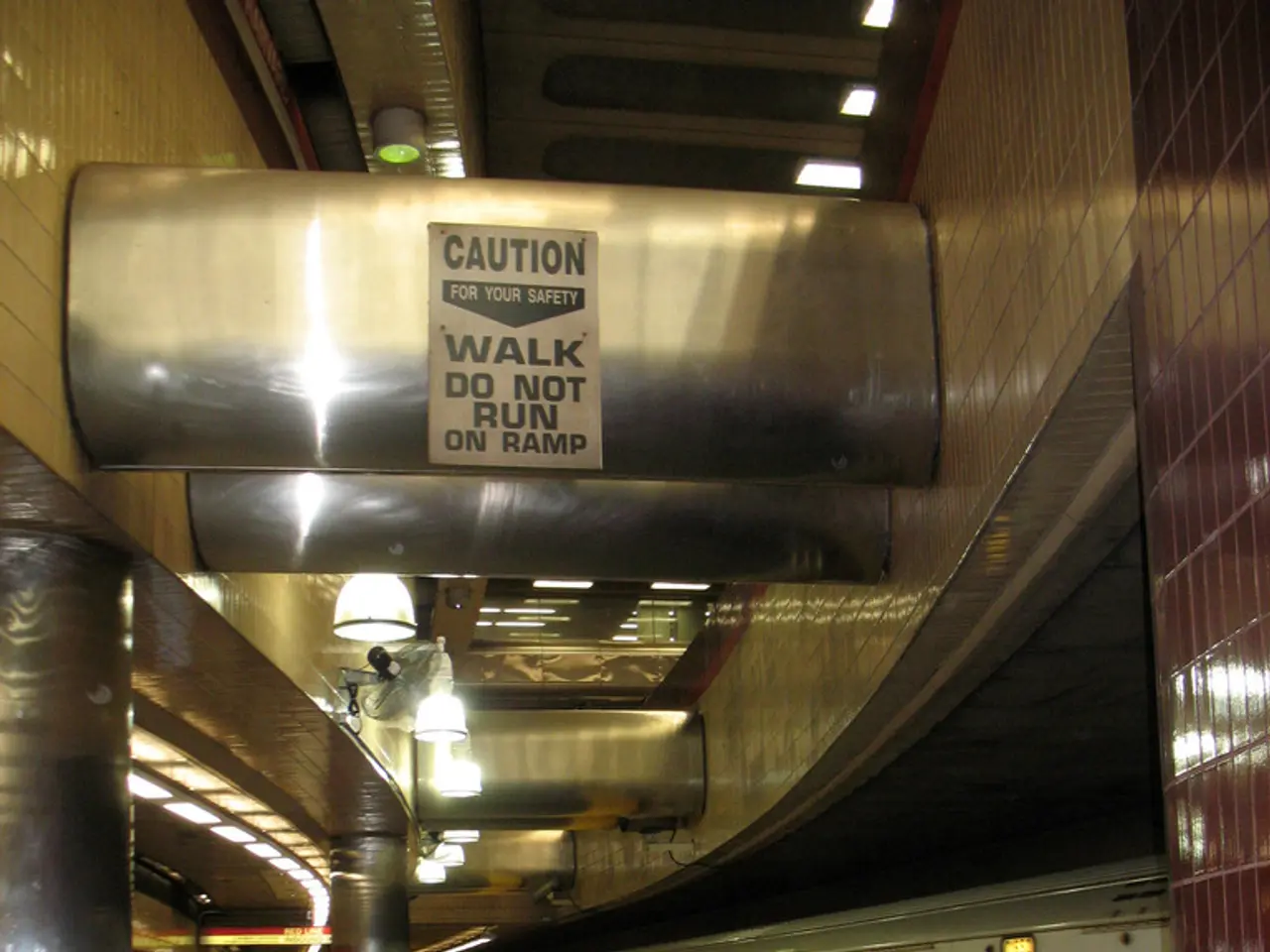A Potential Trump Effect on US Tourism: A Collapse in International Arrivals
Tourism Industry in China Faces Significant Challenges
Traveling during crises has proven to be a tough sell, and China is currently feeling the brunt of this reality. As the conflict situation escalates, fewer Germans are making their way to the People's Republic. The story's different for US travel, though, with experts predicting a change soon, given the current President.
While the ongoing conflicts and crises have taken a toll on China's tourism, the US seems to be on a surge. Both major German airports, Frankfurt and Munich, have reported an increase in passenger numbers on US routes, even after President Trump's second inauguration. In contrast, the traffic to China has shown a decline.
In fact, the United States has overtaken China in global visitor numbers since 2019. However, the travel industry anticipates a significant reversal in US tourism this year due to the Trump Effect.
America's Growing Interest in Rare Earths: A New Trade Framework between USA and China
In Germany, passenger numbers don't show a clear Trump effect yet. Munich Airport saw about 1.2 million passengers on US flights from January to May – a 2.8% increase from the previous year. Frankfurt reported a 0.8% rise, with the number of passengers increasing by 7,600 to 944,300 in the first four months (excluding May).
Trump's Second Term: A Looming Threat to US Tourism
Experts concur that Trump's second term will take a toll on US tourism. Based on estimates provided by the World Travel & Tourism Council (WTTC) and consulting firm Oxford Economics, the US could lose over $12 billion this year due to vacationers staying away.
The drop in foreign travelers is expected to have considerable economic consequences, including potential GDP losses of $9 billion to $23 billion and up to 230,000 job losses in the US tourism sector.
The Impact of Trump's Policies on US Tourism
Already, international arrivals to the US have dropped significantly. Reports indicate a 11.6% decline in March 2025 and an overall inbound travel decline of 5.5% for the year, reversing previous growth expectations. This reduction is seen in almost all key international markets, including Germany, the UK, and Canada, with overall international travel to the US down by 22.5%.
The decline in foreign tourists is projected to have substantial economic consequences, with regions heavily reliant on tourism, such as California, Florida, New York, and Las Vegas, experiencing particularly severe impacts. California anticipates a 9.2% drop in international visits this year, and Yosemite National Park is experiencing bookings down by as much as 50% during peak holiday periods.
The factors contributing to this trend include altered foreign diplomatic relations and a weakening of America's "soft power" under President Trump's policies, which have made the US seem less welcoming to international visitors and students.
Given these trends, the negative impact on US tourism from a second Trump term is expected to persist or worsen, causing a significant drop in visitors from Germany and other key international markets, resulting in substantial economic losses, job reductions in the travel and hospitality industries, and a broader weakening of the US's standing as a preferred global tourist destination.
Sources: ntv.de, mbr/dpa
- USA
- China
- Tourism Industry
- Attack on Ukraine
The escalating conflict and political climate under President Trump's term have led experts to predict a significant reversal in US tourism, with a potential loss of over $12 billion this year due to reduced international arrivals, according to the World Travel & Tourism Council (WTTC) and consulting firm Oxford Economics. Given the declining number of foreign tourists, and the associated economic consequences such as potential GDP losses and job losses in the US tourism sector, the travel industry stays vigilant in assessing the impact of Trump's policies on US tourism.
Despite no clear Trump effect on German passenger numbers thus far, finance and business sectors worldwide, including those in the US and China, should closely monitor the relationship between politics, general-news events, and employment policies such as community policy, to glean insight and take measured actions in embracing shifting economic and travel trends.




